A third group is least likely to enter between two groups in the meta relationship. This is the result of steric hindrance and increases in importance with the size of the groups on the ring and with the size of the attacking species.
When a Meat-directing group is meta to an ortho-para directing group, the incoming group primarily goes ortho th the meta directing group rather than para.
_E01_255_Q01.png)
A
_E01_255_O01.png)
B
_E01_255_O02.png)
C
_E01_255_O03.png)
D
Text Solution
The correct Answer is:C
|
Topper's Solved these Questions
- ALKENE, ALKANE & ALKYNE BOOK - ALLENCHAPTER - ALKENE, ALKANE & ALKYNE EXERCISE - EXERCISE-4(A)
10 Videos
- ALKENE, ALKANE & ALKYNE BOOK - ALLENCHAPTER - ALKENE, ALKANE & ALKYNE EXERCISE - EXERCISE-4(B)
10 Videos
- ALKENE, ALKANE & ALKYNE BOOK - ALLENCHAPTER - ALKENE, ALKANE & ALKYNE EXERCISE - EXERCISE-1
119 Videos
- AIIMS 2019BOOK - ALLENCHAPTER - AIIMS 2019EXERCISE - CHEMISTRY
35 Videos
- ALKYL AND ARYL HALIDEBOOK - ALLENCHAPTER - ALKYL AND ARYL HALIDEEXERCISE - EXERCISE-05 (B)
37 Videos
Similar Questions
A third group is least likely to enter between two groups in the mta relationship. This is the result of steric hindrance and increases in importance with the size of the groups on the ring and with the size of the attaching species. When a meta-directing group is meta to an ortho-para directing group, the incoming group primarily goes ortho to the meta directing group rather than para.
Q.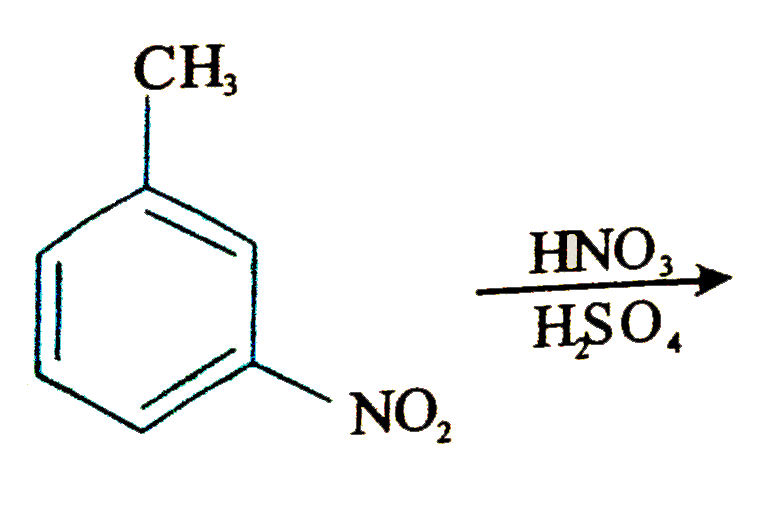
View SolutionThe Common ortho and para directing group is
View Solution
Knowledge Check
A third group is least likely to enter between two groups in the mta relationship. This is the result of steric hindrance and increases in importance with the size of the groups on the ring and with the size of the attaching species. When a meta-directing group is meta to an ortho-para directing group, the incoming group primarily goes ortho to the meta directing group rather than para.
Q. Chlorination of m-chloro nitro benzene givesA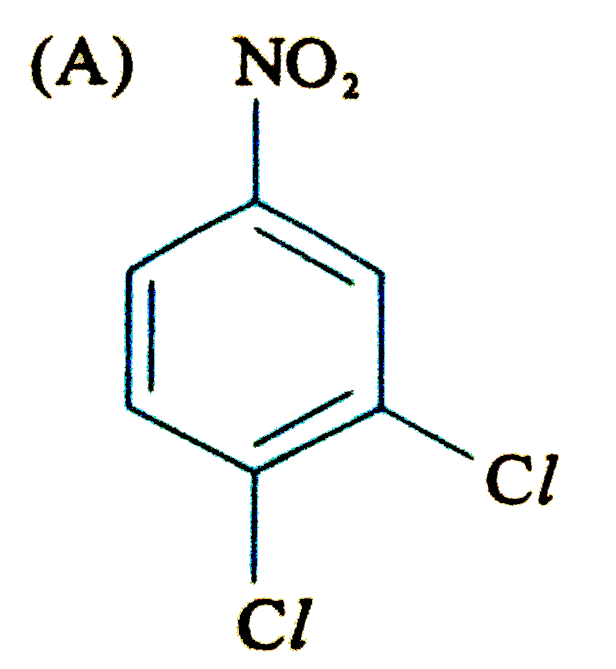 B
B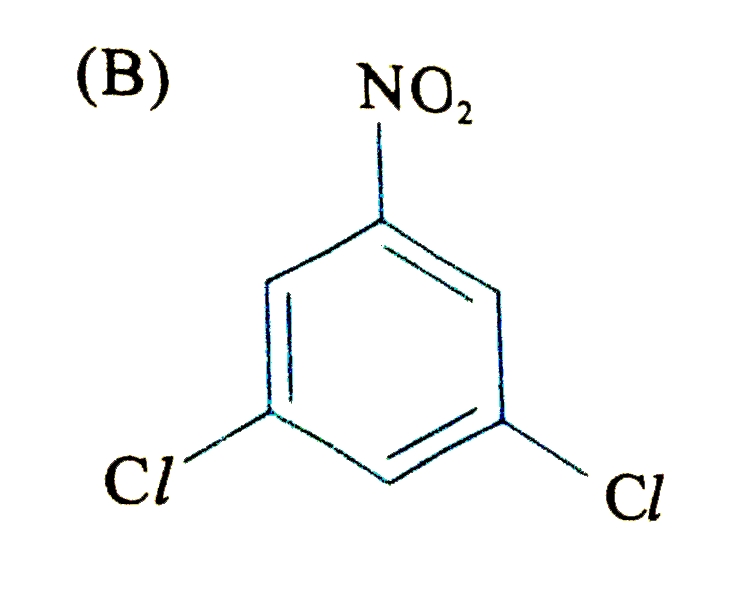 C
C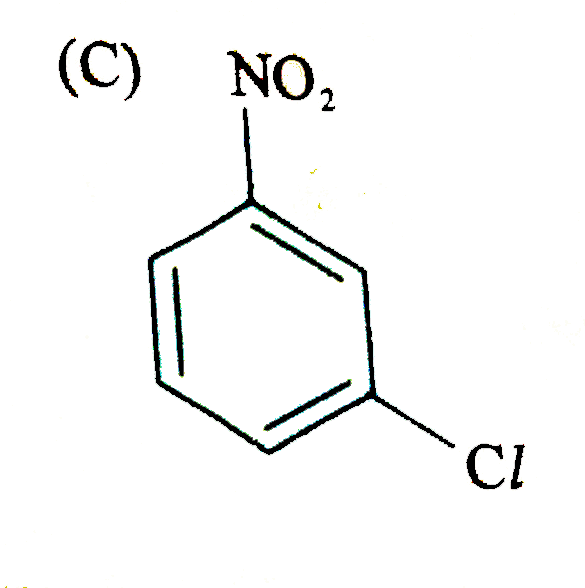 D
D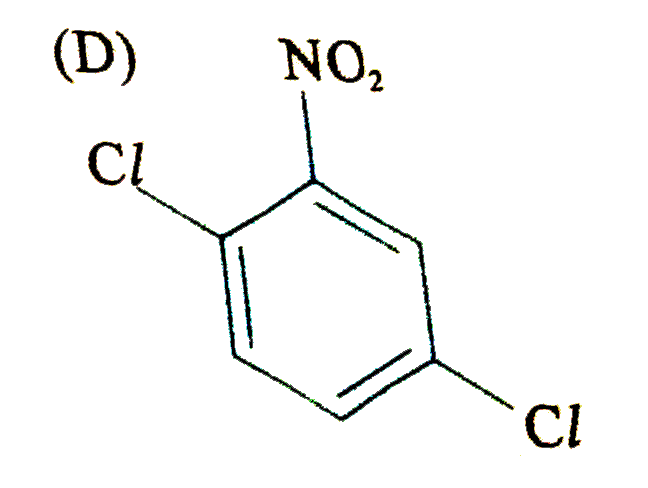
A third group is least likely to enter between two groups in the mta relationship. This is the result of steric hindrance and increases in importance with the size of the groups on the ring and with the size of the attaching species. When a meta-directing group is meta to an ortho-para directing group, the incoming group primarily goes ortho to the meta directing group rather than para.
Q.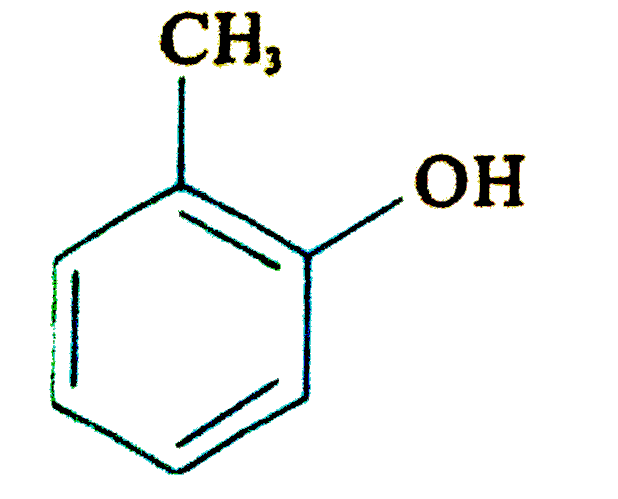 A
A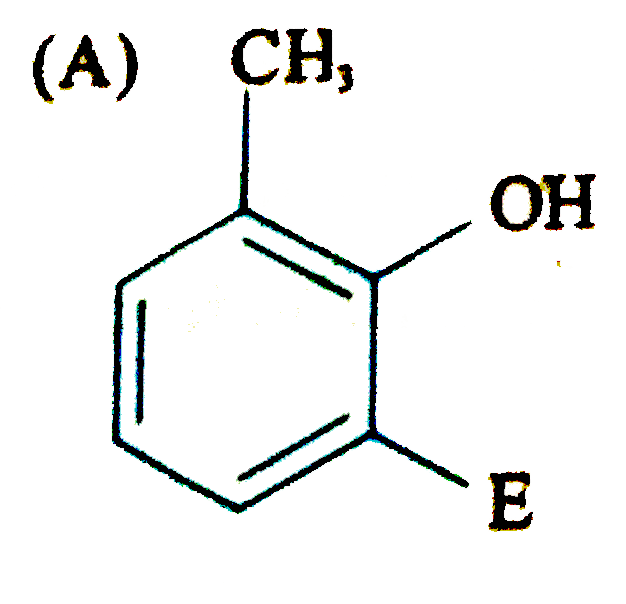 B
B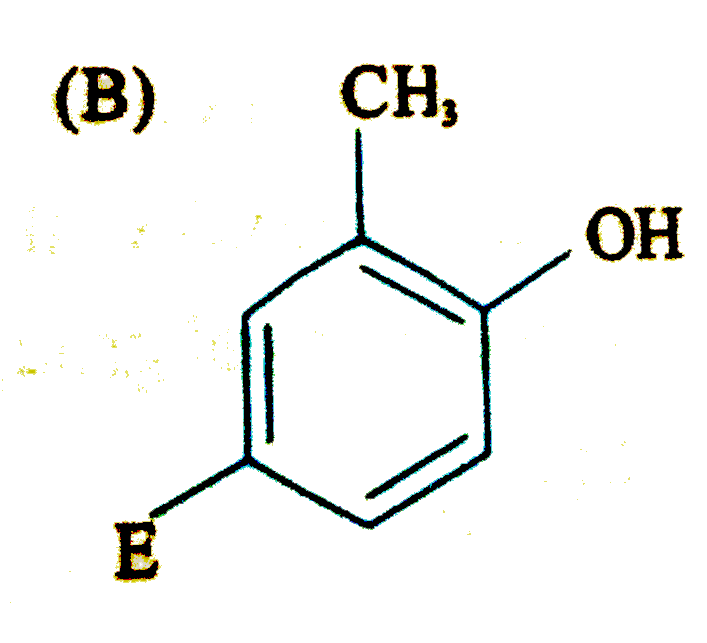 C
C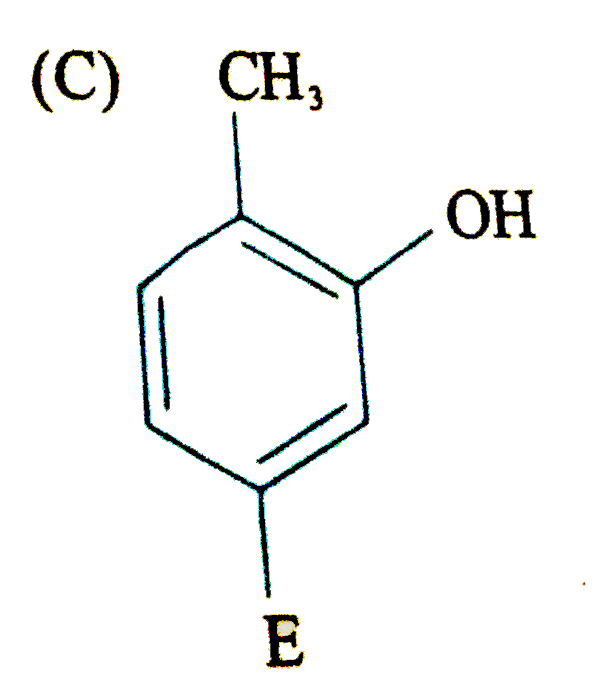 DBoth (A) and (B)
DBoth (A) and (B)A third group is least likely to enter between two groups in the mta relationship. This is the result of steric hindrance and increases in importance with the size of the groups on the ring and with the size of the attaching species. When a meta-directing group is meta to an ortho-para directing group, the incoming group primarily goes ortho to the meta directing group rather than para.
Q.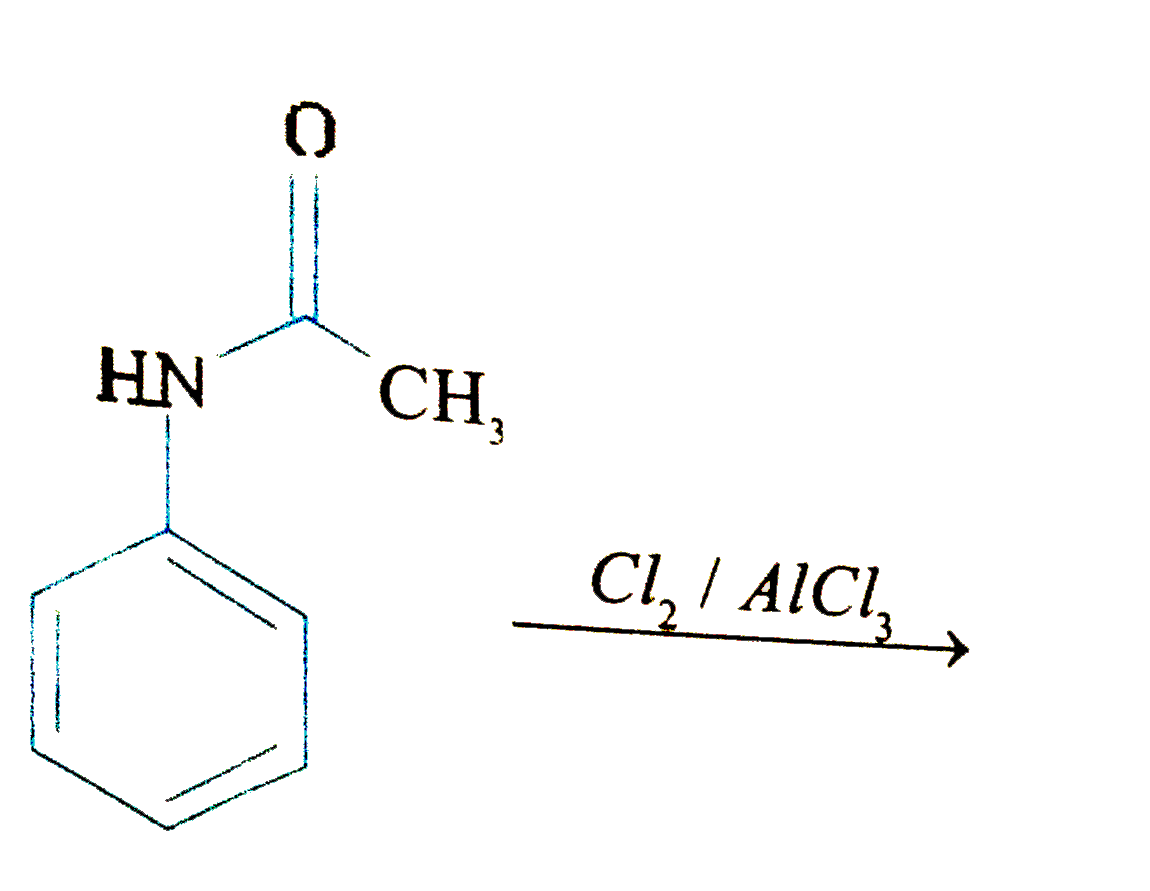 A
A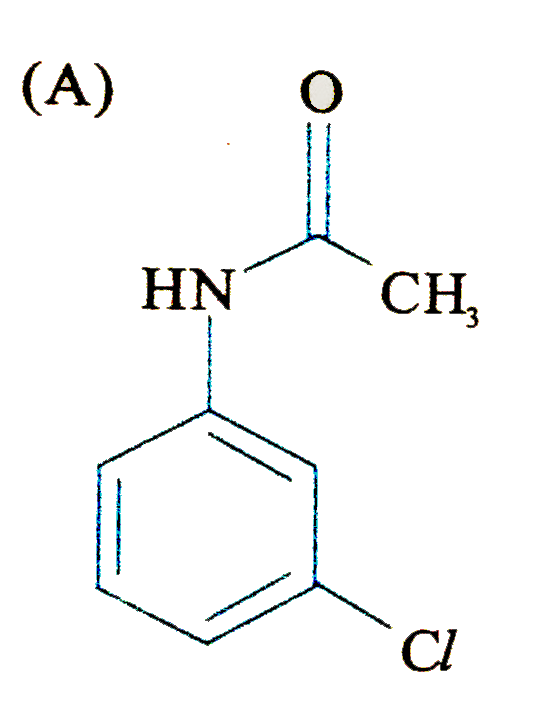 B
B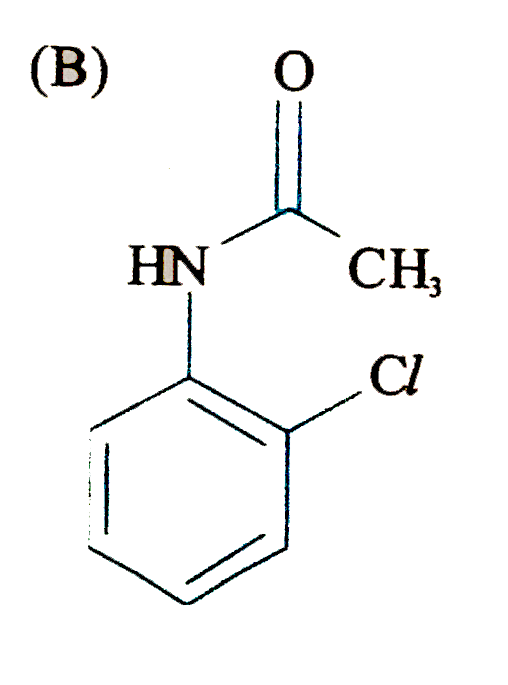 C
C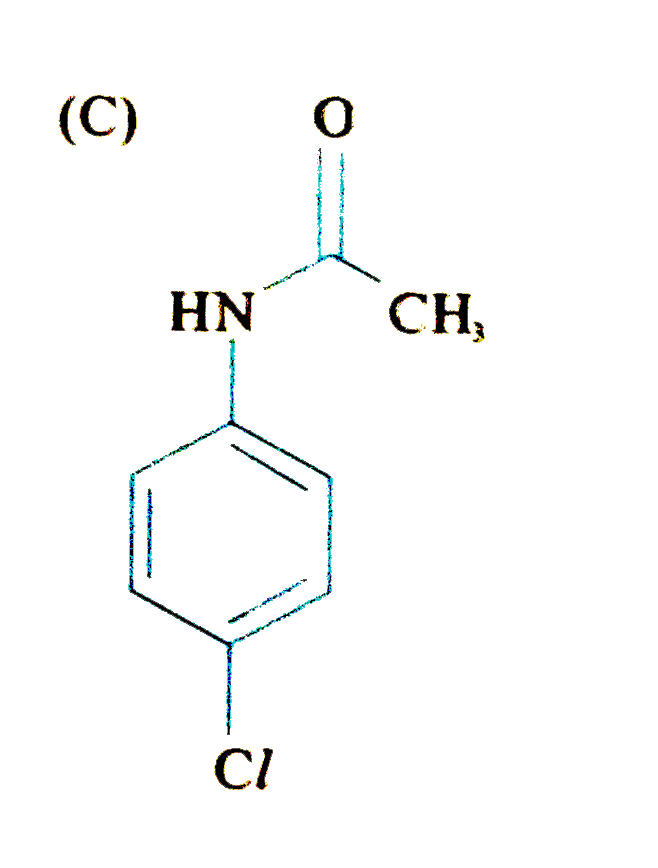 D
D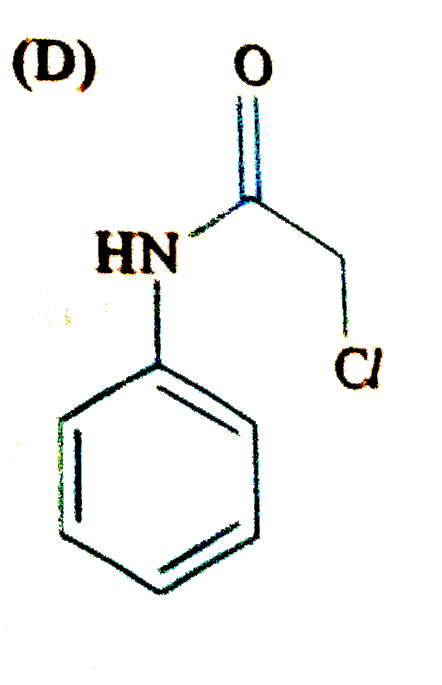
The Common ortho and para directing group is
View SolutionThe Common ortho and para directing group is
View SolutionThe ortho /para directing group among the following is
View SolutionWhich of the following is ortho-para directing group
View SolutionThe ortho/para directing group among the following is :
View Solution
